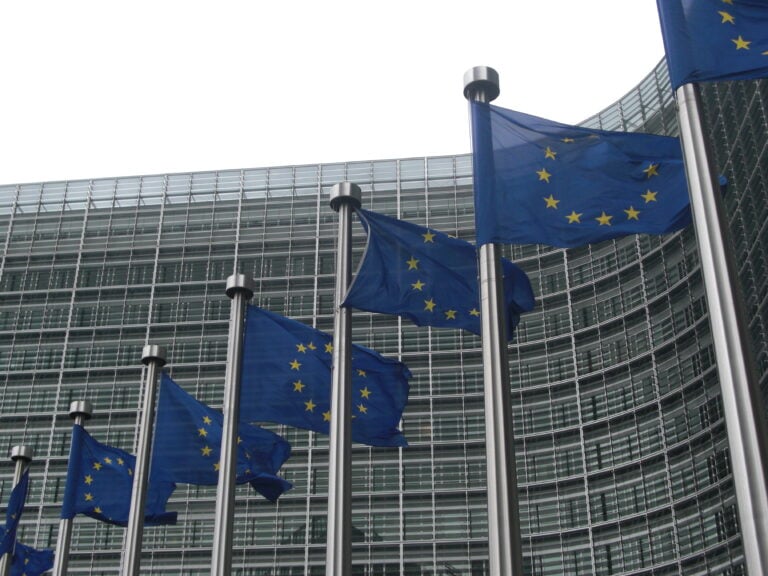
The European Union (EU) Parliament has passed a new resolution condemning human rights abuses in China’s Xinjiang region and has called on its executive, the European Commission (EC), to enact tougher trade sanctions on the country.
In a strongly worded statement, the EU accused China of crimes against humanity, mass sterilisation, genocidal acts and more. It called on the EC “to propose an import ban on all products produced by forced labour and on products produced by all Chinese companies listed as exploiting forced labour” adding that it “reiterates its position in favour of an ambitious corporate sustainability due diligence directive.”
Try Premium for just $1
- Full premium access for the first month at only $1
- Converts to an annual rate after 30 days unless cancelled
- Cancel anytime during the trial period
Premium Benefits
- Expert industry analysis and interviews
- Digital access to PV Tech Power journal
- Exclusive event discounts
Or get the full Premium subscription right away
Or continue reading this article for free
Europe already has some sanctions on China relating to Xinjiang when last year it targeted four Chinese nationals and one entity with sanctions over alleged accusations of forced labour. Many companies also have their own ESG commitment and self-sanction given the allegations.
But the latest move by the EU is much more forceful in its language and advocates the total ban of all products accused of being made by forced labour and all companies “listed” as using forced labour.
Importantly, the resolution only mentions the Xinjiang autonomous region, rather than other areas of mainland China where allegations of force labour of ethnic groups have been levelled by the EU, suggesting a tighter focus of its proposed sanctions.
In coincides with the upcoming implementation of the US’ Uyghur Forced Labor Prevention Act (UFLPA), signed into law by the Biden Administration in December, and due to take effect on 21 June, when a list of ‘blacklisted’ companies will be released.
Analysts speaking on a ROTH Capital webinar yesterday said Europe would likely look to the impact of the UFLPA in the US and potentially use it to inform its own sanctions regime.
While most wafer, cell and module capacity in China is located outside of Xinjiang, almost half of current polysilicon infrastructure is based in the region, although this is slowly changing with factories increasingly emerging in other regions, such as Inner Mongolia.
It raises the question of precisely what sanctions the EC will look to implement – it has been reluctant to in the past – and the potential impact on the solar industry and the supply of modules to Europe.
In the context of EU sanctions on Russia following its invasion of Ukraine, which has seen many nation states revamp their energy policies to include more renewables, the EU’s target to hit 740GW of solar by 2030 would look increasingly difficult to meet if it were to impose a blanket ban on any Chinese imports linked to Xinjiang, without mentioning the myriad problems around supply chain traceability.






